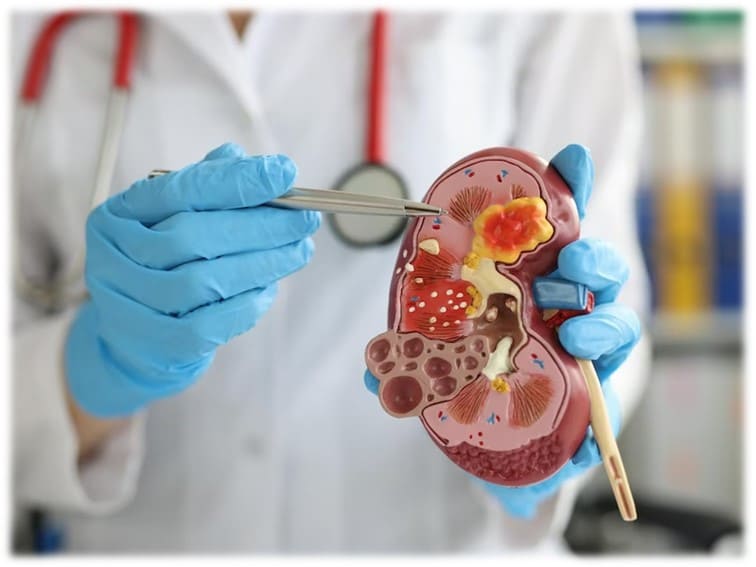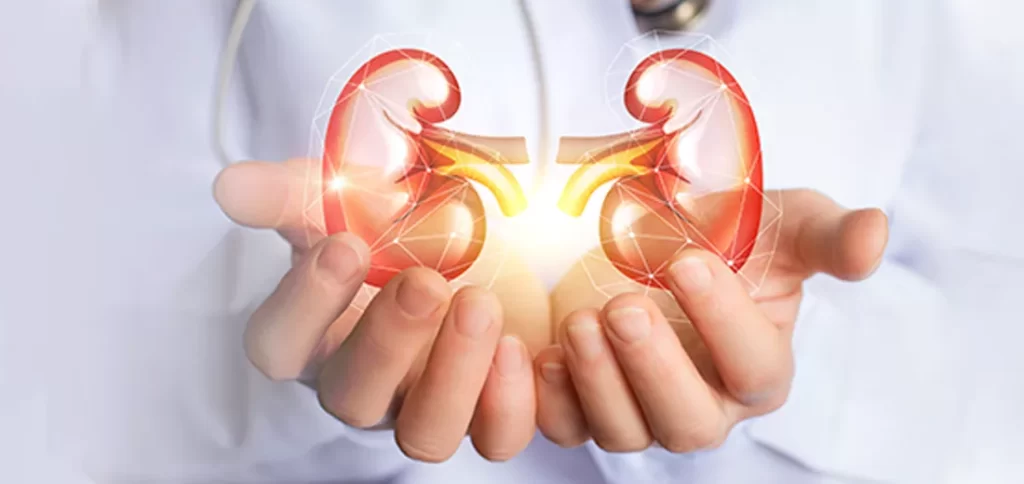
Aspect of Kidney Transplant in brief
Kidney Transplant :
A kidney transplant is a surgical procedure in which a healthy kidney from a living or deceased donor is implanted into a person with kidney failure. This procedure is performed to replace the non-functioning or severely damaged kidneys in the recipient with a new, functioning kidney. Kidney transplantation is considered one of the most effective treatments for end-stage renal disease (ESRD) or advanced kidney failure.
Here’s a brief overview of the key aspects of a kidney transplant:
1. Kidney Transplant Indications:
Kidney transplants are typically recommended for individuals whose kidneys have lost their ability to filter waste and excess fluid from the blood adequately. Common causes of kidney failure include diabetes, high blood pressure, chronic glomerulonephritis, and certain genetic conditions.
2. Kidney Donor Types:
Living Donor : A living donor can be a family member, friend, or even a stranger willing to donate one of their kidneys. Living donor transplants are often preferred because they offer the advantage of a healthier and better-matched kidney, potentially leading to better outcomes.
Deceased Donor : Deceased donor kidneys are obtained from individuals who have passed away but had previously chosen to donate their organs. These kidneys are typically allocated based on medical urgency, compatibility, and waiting time on the transplant list.
3. Compatibility:
The compatibility between the donor and recipient is a critical factor in the success of a kidney transplant. Compatibility is determined by blood type, tissue matching, and the presence of antibodies in the recipient’s blood that could potentially reject the donated kidney.

4. Kidney Transplant Procedure:
During the transplant surgery, the surgeon places the new kidney in the lower abdomen, usually on the front side. The recipient’s non-functioning kidneys are often left in place unless they are causing severe complications. The blood vessels of the new kidney are connected to the recipient’s blood vessels, and the ureter of the new kidney is attached to the recipient’s bladder.
Read More : Kidney Health Tips for Everyday Life……….
https://www.drsuhasmondhe.com/kidney-health-tips-for-everyday-life-healthy/
5. Immunosuppressive Medications:
After the transplant, recipients need to take immunosuppressive medications for the rest of their lives to prevent their immune system from rejecting the donor kidney. These medications suppress the immune response but also make the recipient more susceptible to infections.
6. Recovery and Follow-up:
Recovery after a kidney transplant varies from person to person but typically involves several days to weeks in the hospital and several months of close medical monitoring. Regular check-ups and adherence to medications are essential for long-term success.
Kidney transplantation offers many advantages, including improved quality of life, greater freedom from dialysis, and the potential for a longer lifespan. However, it is not without risks and complications, and the success of the transplant depends on several factors, including the health of the recipient and the compatibility of the donor kidney. Close medical supervision and adherence to post-transplant care instructions are crucial for a successful outcome.
7.Why is a Kidney Transplant Needed?
Kidneys are vital organs, but they can become damaged due to a variety of conditions such as:
- Chronic Kidney Disease (CKD) – Often caused by diabetes or high blood pressure, CKD gradually reduces kidney function over time.
- Glomerulonephritis – Inflammation of the kidneys that impairs their ability to filter waste.
- Polycystic Kidney Disease (PKD) – A genetic disorder that causes cysts to form on the kidneys, leading to kidney failure.
- Acute Kidney Injury – A sudden, severe injury to the kidneys, such as from infection or drug toxicity, may require a transplant if recovery is not possible.
- End-Stage Renal Disease (ESRD) – The last stage of chronic kidney disease where kidney function has deteriorated to the point that dialysis or transplantation is necessary for survival.
Conclusion :
A kidney transplant is a life-changing procedure that offers hope and a new lease on life for individuals suffering from kidney failure. With improved quality of life, longer life expectancy, and freedom from dialysis, a kidney transplant can restore a sense of normalcy and vitality. However, the journey doesn’t end with the surgery. Lifelong care, medication, and lifestyle adjustments are crucial to ensuring the success of the transplant and the health of the recipient.
If you or someone you know is facing kidney disease, understanding the benefits, risks, and long-term care of a kidney transplant can help make informed decisions about treatment options
Dr. Suhas Mondhe, MBBS, DNB Medicine, DNB Nephrology, DRCPSC, is a consultant nephrologist and transplant physician in Baner, Pune.
He specializes in treating complex kidney issues, including hemodialysis, catheter placements, and kidney biopsies, with a caring and patient-centered approach.


Leave a Reply